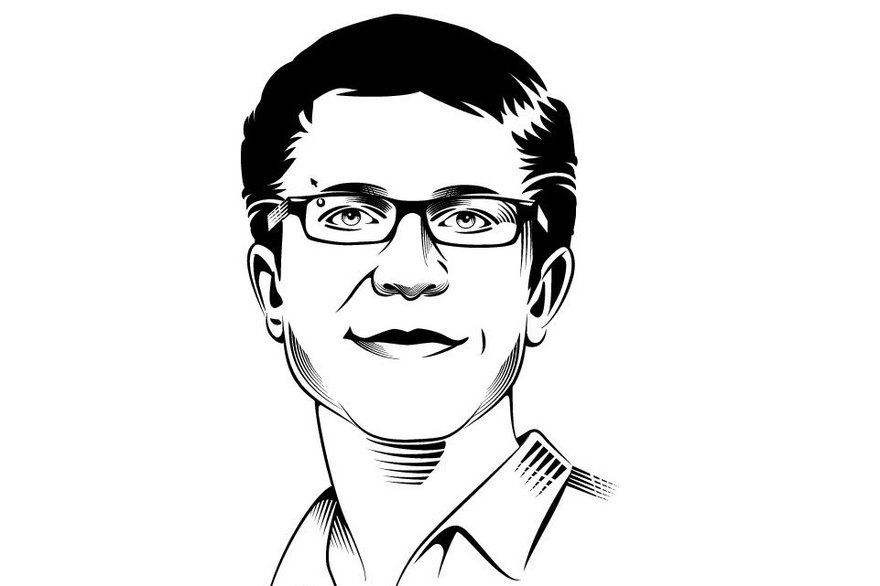Watching Mark Zuckerberg being grilled in front of the House Energy and Commerce Committee was a strangely satisfying experience. Here was a man who, mostly by chance, established one of the world’s largest Internet companies. A man who, by age 25, got a film about his life, based on a book about his life. A man who is worth more than $60 billion, despite earning a $1 salary.
He was visibly uncomfortable. He was sweating. And sitting on a special four-inch pillow to make himself appear taller. Mark Zuckerberg was there, on the screen of my TV, giving meaningless answers like a living embodiment of Facebook’s 30,000-word Terms and Conditions. How did this happen?
Hubris
Some people like to note that Facebook is not in the business of connecting you with your friends, it’s in the business of advertising. On closer examination, that’s not very accurate. Facebook is in the business of profiling - reducing a person to a list of categories (as many as 29,000 categories, according to ProPublica) and selling access to this database. Your likes and dislikes, your relationship status, your religious beliefs, and yes, your political opinions are its business.
Along the way towards reaching two billion users, Facebook continued to experiment with this formula. “Move fast and break things.” Not tied down by regulations, or even morals - remember the one where they made people sad on purpose? In case of Cambridge Analytica, one of these experiments overpowered the guards, escaped the laboratory and went on a rampage.
During the hearing, most commentary on Twitter seemed to revolve around the generation gap: look at all these grandparents, struggling to understand technology. But really, what surprised me was how many of them really knew their stuff. My personal heroes are Congresswoman Debbie Dingell, who highlighted the scale of data collection Facebook does on third-party websites through the ubiquitous ‘Like’ button, and Senator Dick Durbin, who asked some tough questions about the new ‘Messenger Kids’ app, aimed at children as young as six.
Even the extent of Facebook’s lobbying in Washington was touched upon: the company’s lobbying budget totaled $11,510,000 last year, and I’ve got a hunch it will see a considerable increase in 2018.
Zuckerberg’s responses ranged from vague to misleading, to downright inane. Being a sort of libertarian saint, he would never accept the idea that any level of government oversight was necessary. He endlessly referred to the many ways the users can control their information - the whole debacle was on us, you see. He would also repeatedly mention a non-existent AI that could somehow miraculously identify “bad content,” even though he had difficulties explaining what kind of “bad” he really meant.
At the end of the day, Zuck’s showdown against the House Committee is unlikely to change anything: the only thing that scares Facebook is a mass exodus of users. But the hearing managed to last ten excruciating hours across two days. Making one of the richest people in the world this uncomfortable, for this long, is an achievement in itself.
This opinion appeared in the April/May issue of DCD Magazine. Subscribe to the digital and print editions here:



